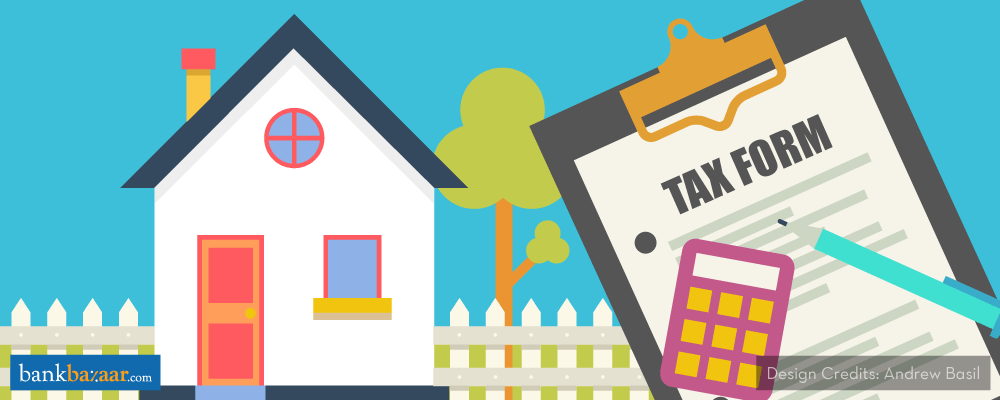
Salaried people have limited avenues for reducing their tax liability. Apart from deductions available through eligible investments, salaried people can reduce their tax liability through the House Rent Allowance (HRA) exemption.
HRA reduces the total taxable income and thus the tax liability. This tax benefit is available only when the employee lives in a rented home. If they live in their own home, then HRA is completely taxable.
Are you eligible to claim HRA?
If you are a businessman or a self-employed individual, you are not allowed this benefit. Only salaried employees who get the HRA as part of their salary structure, and who actually live in rented accommodation, are eligible.
Some people get confused if HRA can be claimed when a Home Loan EMI is also being paid by the tax payer. The answer is yes. You can claim HRA and pay your Home Loan EMI at the same time.
How is HRA calculated?
While calculating HRA, the least of the following three amounts is considered as the deduction available:
- HRA actually offered by the employer
- For people living in metro: 50% of (Basic Salary + Dearness Allowance); For people living in non-metros 40% of (Basic Salary + Dearness Allowance)
- Rent paid over and above 10% of the annual salary
For example, if a person living in metro cities gets a salary (Basic + DA) of Rs. 5 lakh per annum, employers may provide an HRA of Rs. 90,000 per annum. The actual rent paid per annum is Rs 1.2 lakh, so the HRA benefit would be the least of:
- Actual HRA received, i.e. Rs. 90,000
- 50% of (Basic Salary + Dearness Allowance) i.e. Rs. 5 lakh/2= Rs. 2.5 lakh
- Rent paid over and above 10% of the annual salary, i.e. Rs. 1.2 lakh minus Rs. 50,000 (10% of Rs. 5 lakh) i.e. Rs. 70,000.
So, the HRA exemption of Rs. 70,000 would be allowed in this case.
Documents required to claim the HRA
To claim the HRA benefit, you must submit the rent receipts or the rent agreement given by property owner to your employer. If the annual rent is over Rs. 1 lakh, you need to submit a copy of the PAN card of the property owner to your company.
In the last budget, the government has made it mandatory that a person who claims an HRA of over Rs. 50,000 per month will now need to deduct TDS at the rate of 5%.
Some people try to fake rent-related documents to avoid paying taxes, but now the Income Tax Department is taking strict action against such practices.
What if an employer doesn’t provide HRA benefit?
There could be a situation wherein your employer doesn’t include the HRA in your salary structure. In that case you can claim the deduction under Section 80 (GG) of the Income Tax Act. Under Section 80 GG, the least of the following are considered as the HRA benefit:
- Rent paid over and above 10% of the annual salary
- 25% if the adjusted total annual income (Income as per rules prescribed by I-T Department for this purpose)
- 5000 per month
Claiming HRA in exceptional cases
If you live with your parents and you pay them rent, you still are eligible to claim the HRA. But your parents must furnish details of rent received at the time of filing your ITR.
Things to keep in mind
- It is a pre-condition to claim HRA that you should not live in your own property. But remember that your family members such as spouse or children should also not own the home or property you live in. Also, the person claiming the HRA must not earn rental income from an owned property anywhere.
- Sometimes, you may forget to furnish rent receipts or relevant documents to your employer, you don’t have to panic. You can claim the HRA deduction at the time of filing the final Income Tax Return (ITR).
- If you are living in a shared apartment, the share of rent payable by each individual should be clearly mentioned in the rental agreement. Based on that rental agreement, the HRA amount can be calculated.
- Always try to keep the rental documents as a proof if you ever come under the scrutiny of the Income Tax Department. HRA deduction can reduce your tax liability significantly, provided you claim it the proper way.
(The writer is CEO, BankBazaar.com)